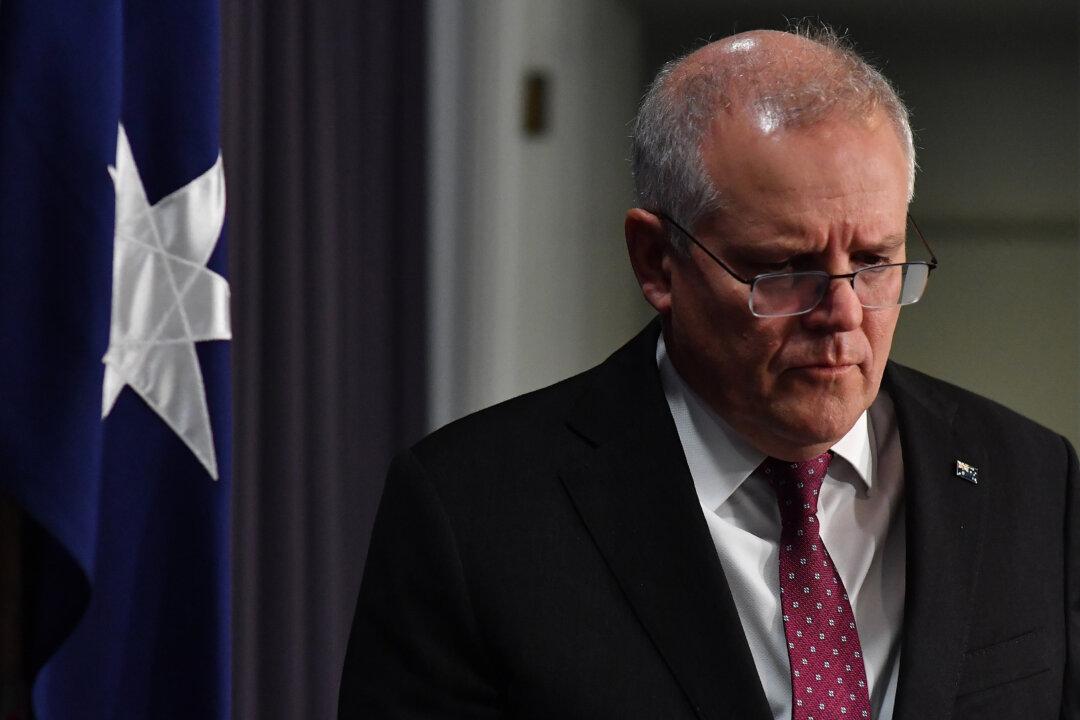Commentary
While Australians are worried about rising unemployment and exorbitant electricity bills, the government is concerned about “gender balance.”


While Australians are worried about rising unemployment and exorbitant electricity bills, the government is concerned about “gender balance.”